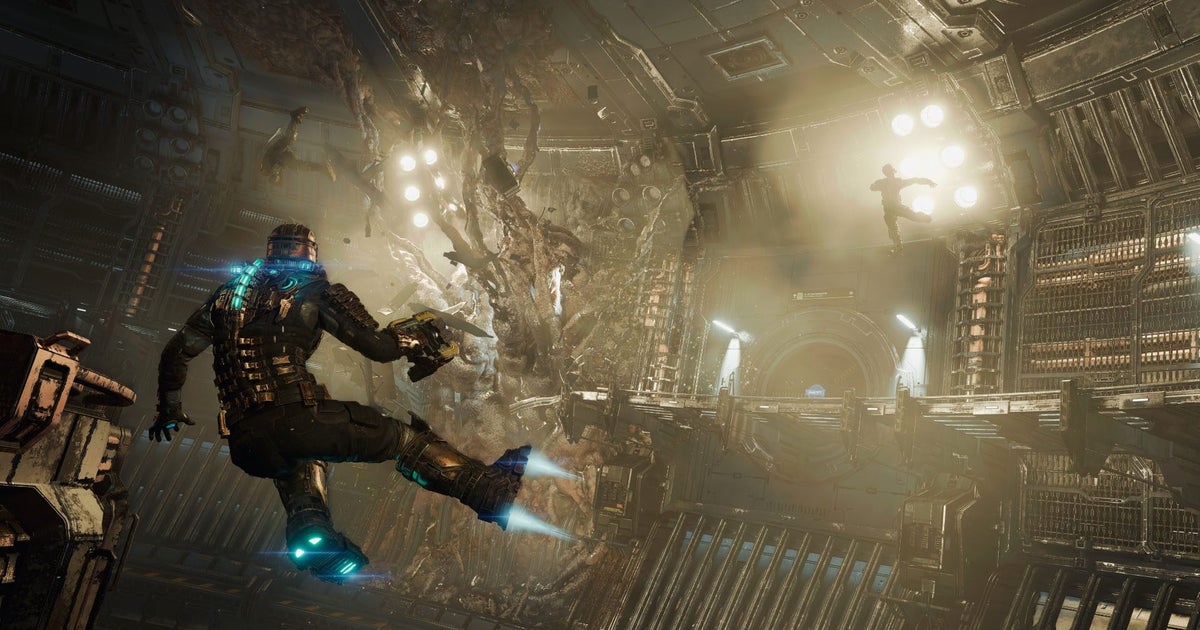For a little while there, it seemed like EA felt jealous of Capcom’s immense success with its Resident Evil remakes. The publisher had its own horror franchise laying dormant, so it decided to do something with it.
Out of that short-lived initiative, we got a remake of the first Dead Space that expanded the original narrative, updated the gameplay and brought visuals up to modern standards. A remake of its follow-up, Dead Space 2, was the next logical step. Except, of course, that never happened.
In fact, forces internally at EA, and the remake’s developer, Motive, wanted to continue working on Dead Space, but EA reportedly passed on that and decided to instead put the series back on ice.
And just now, we find out that EA is really serious about that plan to pretend Dead Space does not exist. According to co-creator Glen Schofield, the company turned down a fresh pitch for a Dead Space 4 he’d made to them.
Schofield, a games industry veteran, revealed in a lengthy and wide-reaching interview with Dan Allen Gaming that himself, Bret Robbins, and Christopher Stone were part of the pitch. According to Schofield, EA wasn’t even interested in hearing out the whole pitch.
“We didn’t go too deep,” Schofield revealed. “They just said ‘We’re not interested right now, we appreciate it blah blah blah’ and we know who to talk to, so we didn’t take it any further.”
Schofield added that he understood why EA didn’t let them go through with it, indicating that it may have had something to do with the game’s sales potential. This is particularly relevant, as reports suggest the Dead Space remake wasn’t as successful as EA had hoped, which is why the publisher pivoted from the initial plan of remaking the trilogy, and is likely the reason why we may not see a new Dead Space game for a while.
“We respect their opinions,” Schofield added. “They know their numbers and what they have to ship and all that, so…”
In a sense, Schofield did get to make a new Dead Space after departing the series’ original team at EA. The veteran designer went on to direct The Callisto Protocol, a spiritual successor to the horror classic that underperformed and received middling reviews from fans and critics, leading to his eventual departure from Striking Distance, the studio he co-founded.

